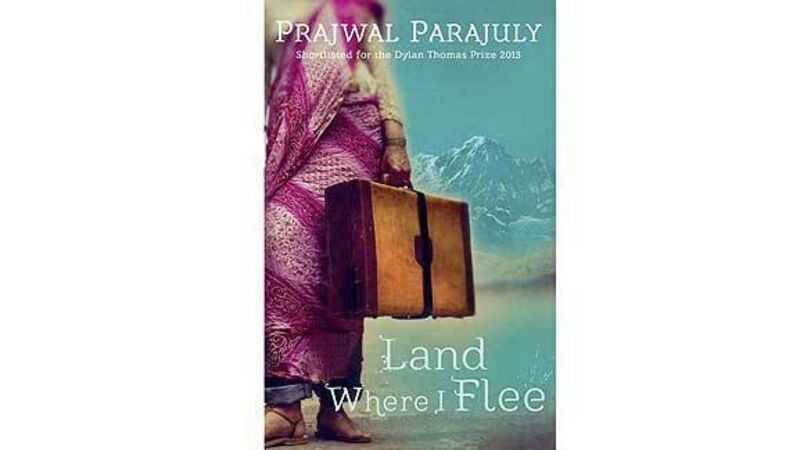Land Where I Flee

Two years ago, Prajwal Parajuly’s wonderful début collection, The Gurkha’s Daughter, saw him hailed in literary circles as a major new talent. Now he returns with a novel-length offering, a family saga that expands on several of the same themes that had so enhanced his short stories.
To help celebrate their grandmother’s milestone 84th birthday, her Chaurasi, four ethnic-Nepali siblings return from their own far-flung lives to the Indian Himalayan state of Sikkim, and the Gantok home in which they were raised.











